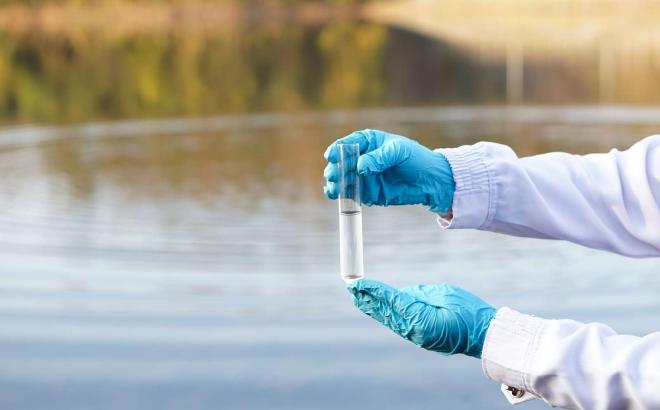No risk of infection through water
The usual disinfectants, such as chlorine or ozone, ensure inactivation of infectious SARS-CoV-2 viruses in bathing water.

Regarding the upcoming opening of open-air and swimming pools, the question of the transmission of COVID-19 disease via water often arises. KL Water Quality and Health expert Prof. Dr. Andreas Farnleitner states that the transmission of infectious SARS-CoV-2 viruses via the public drinking water supply is virtually impossible. It can also be assumed that the usual disinfectants, such as chlorine or ozone, ensure inactivation in bathing water, even in the case of direct emission of virus particles by bathers. Furthermore, no increased risk of infection by the novel coronavirus can be assumed when swimming in lakes and rivers.
"All renowned water hygiene organisations at national and international level can already state this with certainty, even though there is of course not yet sufficient experimental data available for this new virus variant," said Farnleitner. Looking at some of the basic characteristics of the virus, it becomes clear why this is so. Corona viruses are much less stable than known water-transmitted human pathogenic viruses.
"Since the outer envelope consisting of lipids and embedded proteins is very fragile, corona viruses cannot survive for very long in water under realistic conditions," explains the researcher. The disease is mainly transmitted from person to person by droplet infection, but can also be transmitted by smear and contact infections. These ways of infection can also occur in public baths.
Keeping away from other people is therefore the essential precautionary measure, as is frequent hand washing, as soap destroys the sensitive lipid shell of the virus.




